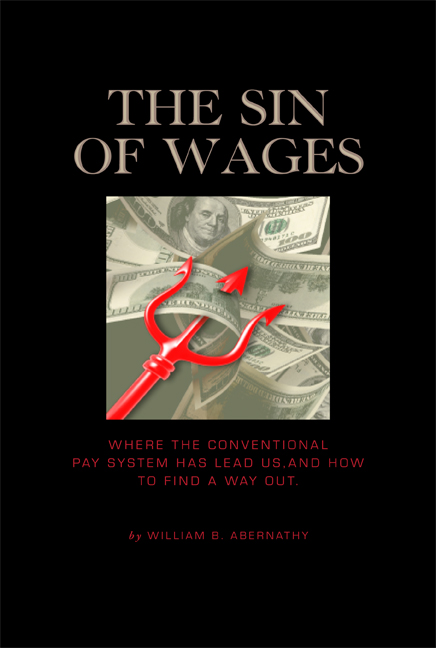Thinking About Cutting Bonuses?
I wrote earlier on this blog about the fact that AIG gave the word "bonus" a bad name but the issue of bonuses keeps popping up. I have read lately in several business articles that some businesses are cutting or eliminating bonuses as a way to reduce expenses in a troubled economy. The answer to the question, "Can they cut my bonus?" is, "Yes, they can!" However, my question is, "Why would they want to?"
The fact that an organization considers cutting bonuses is testament to the fact that the organization has strayed from the original business meaning of bonus as something that is unexpected or as an additional payment (or other remuneration) to employees as a means of increasing output. How do you cut something that is unexpected? Why would you cut something that has increased value to the corporation in excess of what was paid?
 The only productive reason that I can think for a company cutting bonuses now is that they had a bad system in the first place. If the bonus is given as delayed compensation, it is almost always a poor use of money. If the bonus is given independent of a valuable accomplishment, it is a poor use of money.
The only productive reason that I can think for a company cutting bonuses now is that they had a bad system in the first place. If the bonus is given as delayed compensation, it is almost always a poor use of money. If the bonus is given independent of a valuable accomplishment, it is a poor use of money.
In his book, Sin of Wages, Bill Abernathy introduces a "profit-indexed performance pay" system. With this system a company can always afford bonuses. No profit; no bonus. Under his system the company wants to give bonuses and large ones at that. Who can complain about that? The only ones who will complain are those who don’t earn a bonus and those are the ones who should be unhappy!
The bottom line is that if you are thinking about cutting bonuses, you should because your contingencies of reinforcement are screwed up. Replace them with performance contingent bonuses and you and the employees will be happy that you did.



